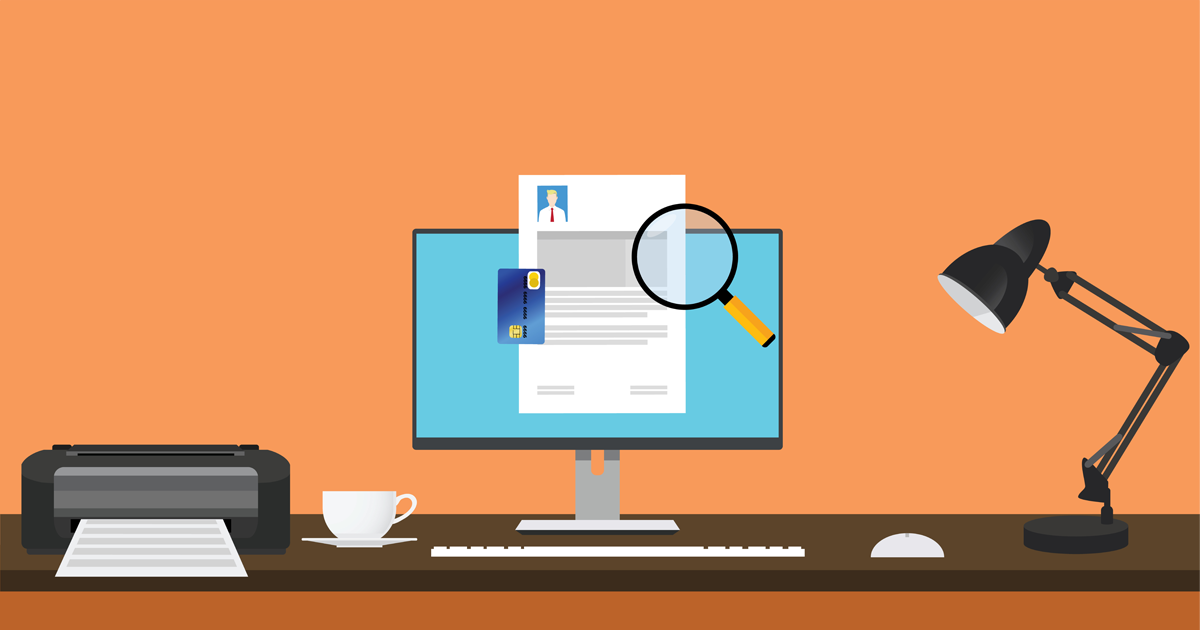What is Doxing and How Can You Protect Yourself?

Almost all of us are guilty of oversharing on the internet to some degree. Between geo-marked photos, statuses containing personal details about our lives, and Facebook’s “check in” feature, it is now easier than ever to share your life with your friends and family. Unfortunately, this kind of disclosure can also leave you open to doxing – a practice that can cause irreparable harm.
What is Doxing?
Doxing happens when someone publishes private information about a particular person, such as their email address, full name, place of employment, phone number, or physical address with malicious intent.
What Do Doxing Victims Have in Common?
Victims of doxing come from all walks of life, and include those who are famous as well as average, everyday people. Even if you yourself aren’t the target, most doxes also include personal information about friends and family, including postal addresses and social media accounts. The only common thread that doxing victims have in common is that they shared personal information online.
How Does Doxing Work?
Perpetrators gather information about their victims in a few different ways. The first tactic is to simply search the internet for any info the victim may have posted themselves. Publicly available information from social media sites like Facebook, Instagram, and YouTube can be very revealing. Unless you have examined and locked down your privacy settings, doxers can find out who your friends and family members are, what your interests happen to be, and can even use geo marks to determine your location. They can also analyze any metadata they come across, including any documents, videos, audio files, or photos you have posted online. Online directors, such as WHOIS, can also provide doxers with a wealth of information about their victims.
How Can You Protect Yourself?
As long as you maintain an online presence, you are vulnerable to doxing. However, there are a few things you can do to keep yourself protected. First, search for your own name online to see what information is available. Search by name, email address, and phone number to be sure you have covered all your bases. Once you know what information can easily be found, you can get to work at locking it down. This may mean changing privacy setting or removing metadata from your files before posting them. You should also lock down your social media settings so that posts and photos are only visible to your friends. Along the same lines, never accept a friend request from someone you don’t know or trust.
If you own and operate a website, check out your WHOIS directory listing. Consider using a PO box and burner phone number to replace your private information. Alternatively, you can switch your hosting to a provider that offers WHOIS protection, replacing your information with theirs for a small fee.
Avoid using login signing partners and registering for email lists from websites with questionable security practices. Even if you do trust the website, you should avoid using your personal email address. Instead, consider creating a second address or using an anonymous email server for registration purposes.
Set up secure passwords on all accounts, and never use the same password twice. Doxers are known to infiltrate the accounts of their victims, so your goal is to make it as hard as possible. Use strong passwords and store them somewhere secure, off line. Two-factor authentication may deter doxers from making any attempt to access your account, and, if they do manage to gain access, alerts you to that fact immediately.
Finally, always use a VPN when you browse the internet. Not only does it encrypt your personal information as you transmit data, it also hides your IP address from prying eyes. As a result, it keeps your information safe and secure. For extra protection, opt for a VPN with a no-log policy. These server providers never log any information from you, which includes your IP address, so even if their servers are hacked, your info stays safe.
Getting doxed is a terrifying experience that can happen to anyone at anytime. All it takes is one wrong post being seen by one harmful individual. Following the tips above keeps you, and your private data, safe.
